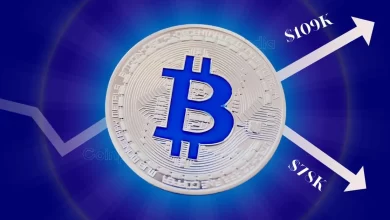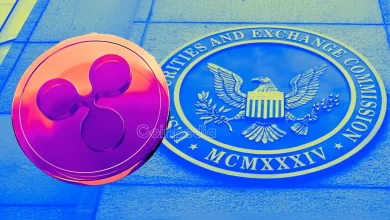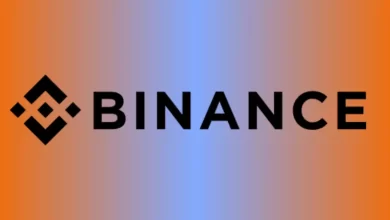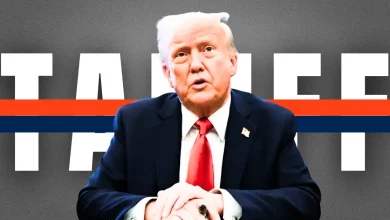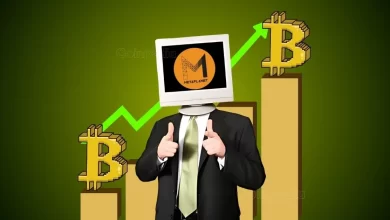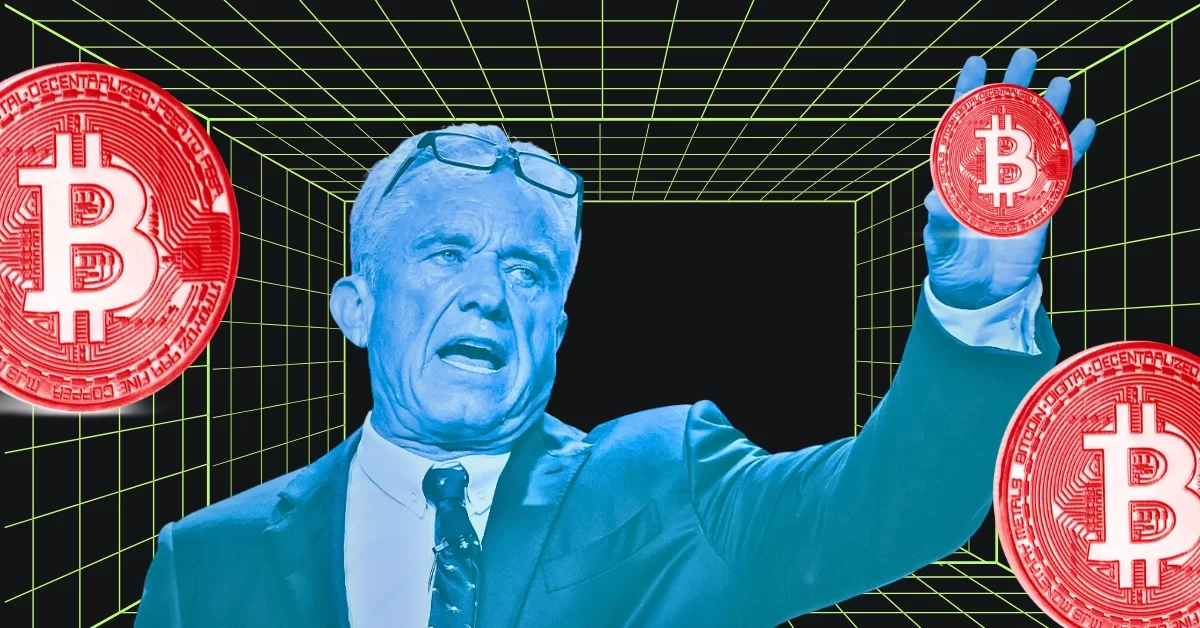
RFK jr. plans to transfer 204,000 Bitcoins held by the U.S. government to the Federal Reserve and buy 550 Bitcoins daily.
He aims to make Bitcoin transactions tax-free and non-reportable, and allow Bitcoin exchanges for real estate
Kennedy intends to back U.S. Treasury assets with Bitcoin and precious metals and promote BTC extensively.
Independent presidential candidate Robert F Kennedy Jr

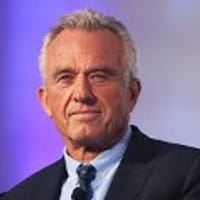 Robert F Kennedy Jr Robert Francis Kennedy is an American politician, environmental lawyer, anti-vaccine activist, and conspiracy theorist. He is also the chairman and founder of Children's Health Defense, an anti-vaccine advocacy group. He was born on January 17, 1954. A member of the Kennedy family, he is a son of the U.S. attorney general and Senator Robert F. Kennedy, and a nephew of the U.S. President John F. Kennedy and Senator Ted Kennedy. Kennedy began his career as an assistant district attorney in New York City. In the mid-1980s, later he joined two nonprofits that emphasized environmental protection: Riverkeeper and the Natural Resources Defense Council Other has announced an ambitious plan to integrate Bitcoin into the U.S. economy. He wants to fix what he sees as a broken financial system and society.
Robert F Kennedy Jr Robert Francis Kennedy is an American politician, environmental lawyer, anti-vaccine activist, and conspiracy theorist. He is also the chairman and founder of Children's Health Defense, an anti-vaccine advocacy group. He was born on January 17, 1954. A member of the Kennedy family, he is a son of the U.S. attorney general and Senator Robert F. Kennedy, and a nephew of the U.S. President John F. Kennedy and Senator Ted Kennedy. Kennedy began his career as an assistant district attorney in New York City. In the mid-1980s, later he joined two nonprofits that emphasized environmental protection: Riverkeeper and the Natural Resources Defense Council Other has announced an ambitious plan to integrate Bitcoin into the U.S. economy. He wants to fix what he sees as a broken financial system and society.
Will his plan come to fruition? Let’s dive in.
Kennedy’s Executive Orders: What’s on the Table?
At the Bitcoin2024 conference in Nashville, Kennedy shared his bold proposals for when he becomes president. One major idea is to transfer 204,000 Bitcoins held by the U.S. government to the Federal Reserve. He also plans for the Treasury Department to buy 550 Bitcoins each day until the reserve hits at least 4 million BTC.
Kennedy believes this Bitcoin reserve could give the U.S. economic power like never before. He suggests that its value could reach hundreds of trillions of dollars. His enthusiasm for Bitcoin is similar to former President Donald Trump

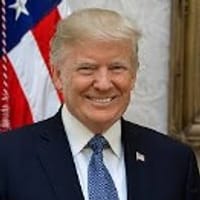

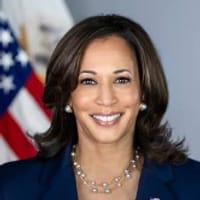
Making Bitcoin Transactions More Attractive
Kennedy wants to make Bitcoin transactions more appealing by making Bitcoin-to-dollar transactions exempt from reporting and taxation by the IRS. He also proposes allowing Bitcoin to be exchanged for real estate under the 1031 Exchange program, which currently encourages investment in property.
Kennedy compares Bitcoin to the First Amendment, believing it could bring back economic freedom similar to how free speech protects individuals. He argues that a Bitcoin standard could return the U.S. economy to its pre-Vietnam War state, before the dollar was taken off the gold standard. Kennedy thinks a Bitcoin system could also prevent wars by stopping the ability to print money for military spending.
Dollar Vs Crypto
Kennedy plans to support U.S. Treasury bills, notes, and bonds with valuable assets, including precious metals and Bitcoin. He hopes this will strengthen the dollar, control inflation, and bring financial stability. He envisions that this could lead to a global move towards an American-backed decentralized currency.
A New Vision for Bitcoin
Kennedy also wants to hire Space Force Major Jason Lowery as a national security adviser. Lowery, who has written about Bitcoin as a “cyber-defense system” and “soft power projection,” would help protect online identities.
Kennedy’s proposals offer a bold vision for Bitcoin in the U.S. financial system, aiming to enhance national security and economic stability. It will be interesting to see if Kennedy or Trump follow through on their Bitcoin-friendly policies. The future of cryptocurrency in American politics is shaping up to be quite fascinating.
Also Read: XRP, ADA and Other Altcoins To Stack Before Trump’s Speech In Nashville
Kennedy’s Bitcoin roadmap promises a radical shift in U.S. financial policy. Will it deliver on its promises or face unexpected hurdles? The journey ahead is sure to be interesting.

